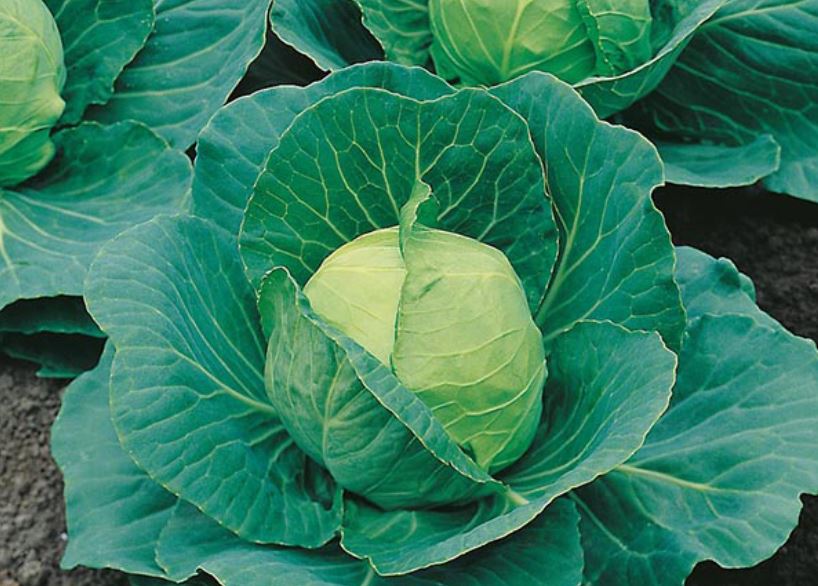×
The Standard e-Paper
Kenya’s Boldest Voice

Like the proverbial cat, Evans Gichuhi has had nine lives, he was once homeless, he was also a security guard, a milk vendor and a meat cutter.
His is a story of resilience and determination. When he thought he had done it all and his young mind was longing to do something different, he tried his hand in farming and everything fell into place.






